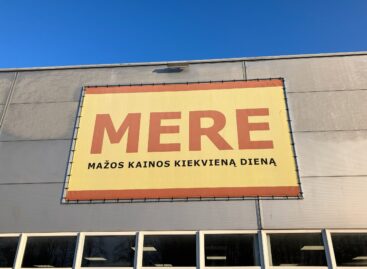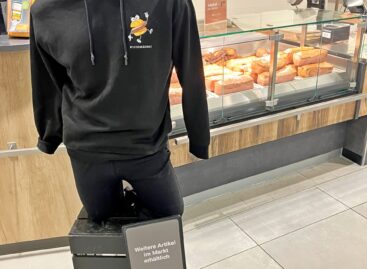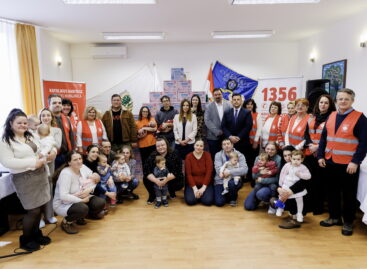7-Eleven is preparing its strategic expansion into Europe
The world’s largest convenience chain, 7-Eleven is gearing up for a strategic push into Europe, with bold expansion targets and a proven global model. In Central Europe, Poland is one of the core countries on the agenda. A flagship location in Stockholm offers a glimpse into the retailer’s latest thinking in compact, food-led urban retailing.

Sebastian Rennack
international retail analyst
Aletos Retail
7-Eleven is preparing its strategic expansion into Europe. The world’s largest convenience store operator has recently posted total group sales for (including franchisees) of a recalculated 117.9 billion euros and an EBITDA of approximately 7.0 billion euros for the business year ending in February 2025. The retail giant manages around 87,000 stores across 20 countries globally. The Asian region dominates the footprint, accounting for around 80% of all locations, with home country Japan alone contributing 25%. The Americas account for around 18%.
Europe so far has played only a minor role: In the Scandinavian markets, 7-Eleven operates 175 stores in Denmark, 115 in Norway, and 78 in Sweden through Norwegian retail group Reitan Retail’s master franchise – collectively making up less than 1% of the global store network. But this might change soon. In early 2023, 7-Eleven International announced ambitious global growth plans, aiming to reach 100,000 stores worldwide by 2030. The European retail markets will be instrumental in reaching these plans and are a core pillar for this expansion. 7-Eleven has highlighted France, Germany, Ireland, Italy, Poland, Spain, Turkey, and the United Kingdom as strategic priorities. Taking into account the retailer’s expansion model through franchise agreements, rollout in the respective countries could be quick, especially where retail is still unconsolidated or divided in franchise organizations. Markets in Central and Southeast Europe, with their emerging convenience formats and rapid urbanization, also offer fertile ground for 7-Eleven’s scalable, franchise-led model.
Against this backdrop, we visited one of the most up-to-date store formats of the convenience retail giant in Sweden: a corner-shop 7-Eleven in central Stockholm. This location reflects the company’s latest thinking in compact, food-driven convenience retailing.
The store concept emphasizes food-to-go and freshly prepared meals combined with fast transactions. Despite its limited space, the layout maximizes efficiency while delivering high-quality grab-and-go options. Assortment concepts aimed at different food-to-go shopping missions, combined with multiple self-checkouts, enhance the store’s appeal to time-pressed urban shoppers on the move.
The following photo report illustrates key features of this Stockholm flagship and offers a closer look at how 7-Eleven’s global ambitions are translated into local execution – a potential glimpse of what may soon arrive in other European capitals.

This centrally located 7-Eleven store invites passersby with clear window signage and a strong food-to-go focus
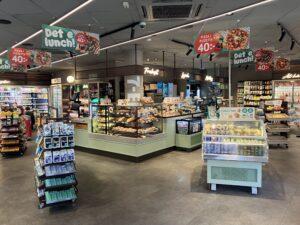
A compact, high-density layout organizes fresh bakery, chilled meals, and snacks around core food missions. Overhead signage steers shoppers directly towards lunch solutions
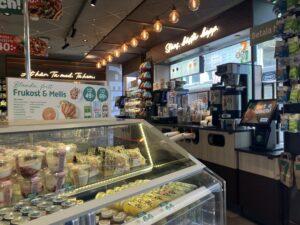
‘Breakfast & Snacks – Mix Freely’: Multi-buy incentives encourage quick grabs across meal and snack occasions, with pre-packed options for flexibility
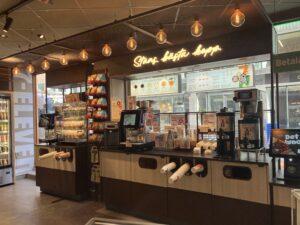
‘The best cup in town’ is the promise above the self-service station offering freshly ground coffee, filter brew, and even iced variants
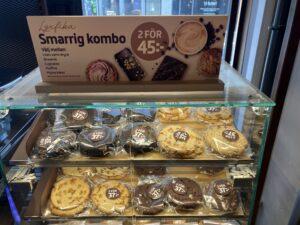
Multi-buy deals for cookies and pastries cater to Sweden’s culturally rooted ‘fika’ tradition, a mid-day social coffee break built into daily life
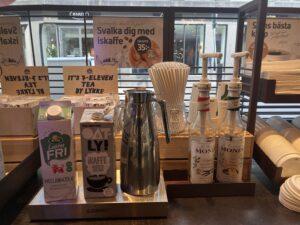
Shoppers can tailor their hot drinks with oat milk, lactose-free options, and syrup flavors, reflecting modern café standards in a compact setting
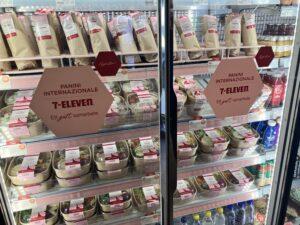
7-Eleven’s private label line in collaboration with Swedish brand ‘Panini Internazionale’ delivers ultrafresh and high quality options that position convenience as a healthier alternative to traditional fast food
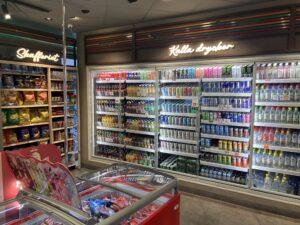
A wide drinks wall supports soda to sugar-free options. The adjacent snack shelf bridges impulse with meal add-ons for quick basket builds
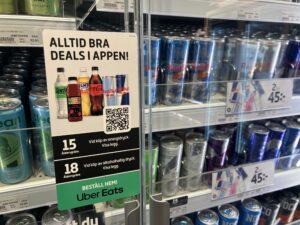
‘Always good deals in the app’: QR-based promotions and Uber Eats integration highlight 7-Eleven’s evolving omnichannel reach
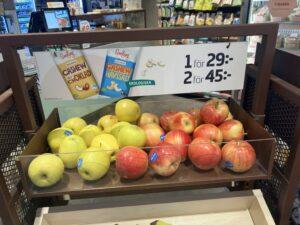
Fruit takes center stage as a better-for-you impulse buy, supported by organic messaging and cross-merchandising with Fairtrade snacks
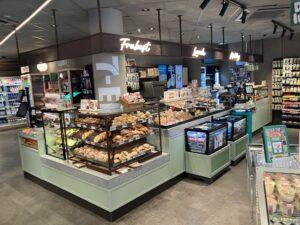
The fresh counter is clearly segmented into breakfast, lunch, and snack zones, easing navigation and reinforcing daypart-specific missions
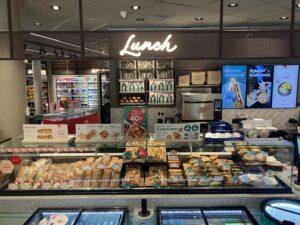
Stone-baked pizza and grilled sandwiches, prepared in-house, position 7-Eleven as a credible destination for quick, high-quality meals
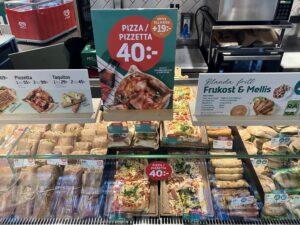
Strategic price promotions and add-on offers encourage full meal baskets, bridging hot food with drinks and snack components
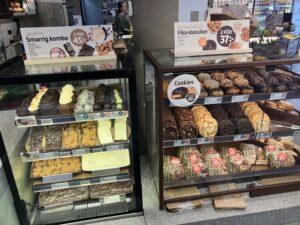
Sweden’s ‘fika’ ritual is translated into retail by pastry combos and seasonal sweets: The offer spans cupcakes, cookies, and cinnamon buns
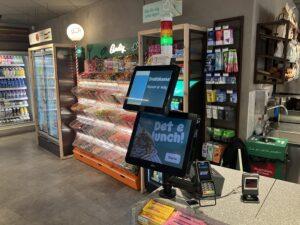
The self-checkout station enables seamless service for solo or time-strapped shoppers, flanked by candy and hygiene zones for impulse add-ons
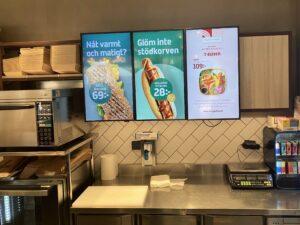
Digital screens above the preparation area communicate meal options with warmth and a touch of wit. Clear, colorful visuals and light humor soften the functional prep zone
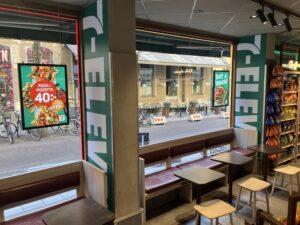
A casual seating area by the window offers a moment of pause for a quick in-store break
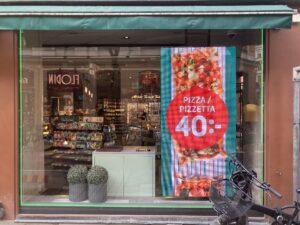
A large digital screen promotes food offers with high visibility from both inside and outside the store, reinforcing traffic-driving deals
Related news
Uber targets $1 billion boost with 2026 European expansion
🎧 Hallgasd a cikket: Lejátszás Szünet Folytatás Leállítás Nyelv: Auto…
Read more >Related news
EY Businessman of the Year: Tibor Veres is the grand prize winner, six special awards were also given out
🎧 Hallgasd a cikket: Lejátszás Szünet Folytatás Leállítás Nyelv: Auto…
Read more >


